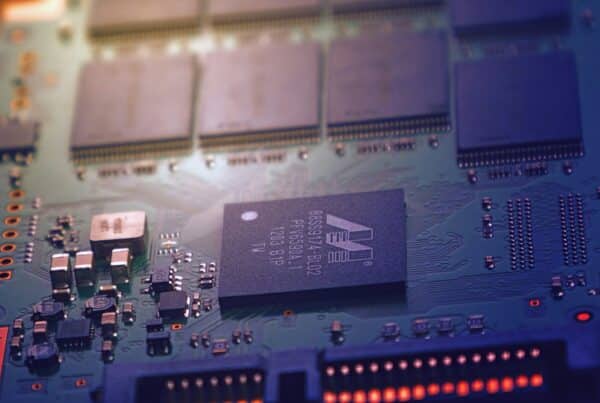Why Hiring Electronic Hardware Engineers Takes Longer (and How to Speed It Up)
Anyone who has tried to hire an electronic or hardware engineer recently knows how tough the market has become. Unlike some software engineering roles, which benefit from a steady pipeline of graduates and self-taught professionals, hardware engineering requires years of hands-on experience. This makes the hiring process not just competitive, but slow.
Why It Takes So Long
There are several reasons why filling hardware roles can take 3–6 months or more:
- Security clearances: In defense and aerospace, clearance requirements can add months to the hiring process.
- Relocation barriers: Many roles require physical presence at labs or test facilities, making remote work impractical.
- Limited graduate pipelines: Universities produce far fewer electrical and hardware engineers compared to other disciplines.
- Complex interview processes: Assessing hardware expertise often requires multi-stage tests, lab demonstrations, and extended evaluation periods.
All of this slows down hiring, even for employers who have strong brands and competitive compensation.
How to Speed It Up
Companies that want to compete for top talent can make meaningful improvements by:
- Avoiding over-spec’ing job descriptions: Separate “must-have” requirements from “nice-to-have” skills to avoid scaring off qualified candidates.
- Borrowing from adjacent industries: Many EV, robotics, or consumer electronics engineers bring transferable skills.
- Streamlining interviews: Focus on practical assessments that evaluate real-world capability rather than drawn-out tests.
- Offering relocation support upfront: Expanding the candidate pool by reducing friction for engineers willing to move.
The Recruiter Advantage
Working with a recruiter who specializes in hardware engineering can make an enormous difference. Here’s why:
- Networks: Recruiters already have relationships with engineers who possess the specific skill sets you need.
- Market insight: They can advise you on realistic salary ranges, timelines, and availability, helping you avoid unrealistic expectations.
- Pre-vetting: Candidates are screened for technical skills and cultural fit before you ever see their profile.
- Proactive outreach: Recruiters can engage passive candidates who would never apply through job boards but are open to the right opportunity.
In niche areas like power electronics, FPGA design, and embedded hardware, a recruiter’s network can save companies months of waiting and wasted interviews.
Final Thought
The competition for hardware talent is not going to ease any time soon. Electrification in aerospace, autonomy in defense, and the EV revolution in automotive are all increasing demand. Companies that modernize their hiring strategies, and partner with recruiters who understand the space, will gain a critical edge in securing the engineers who drive innovation.
If you are struggling to hire for such skillsets, feel free to reach out to discuss how we can support! – shubhangi@akkar.com







